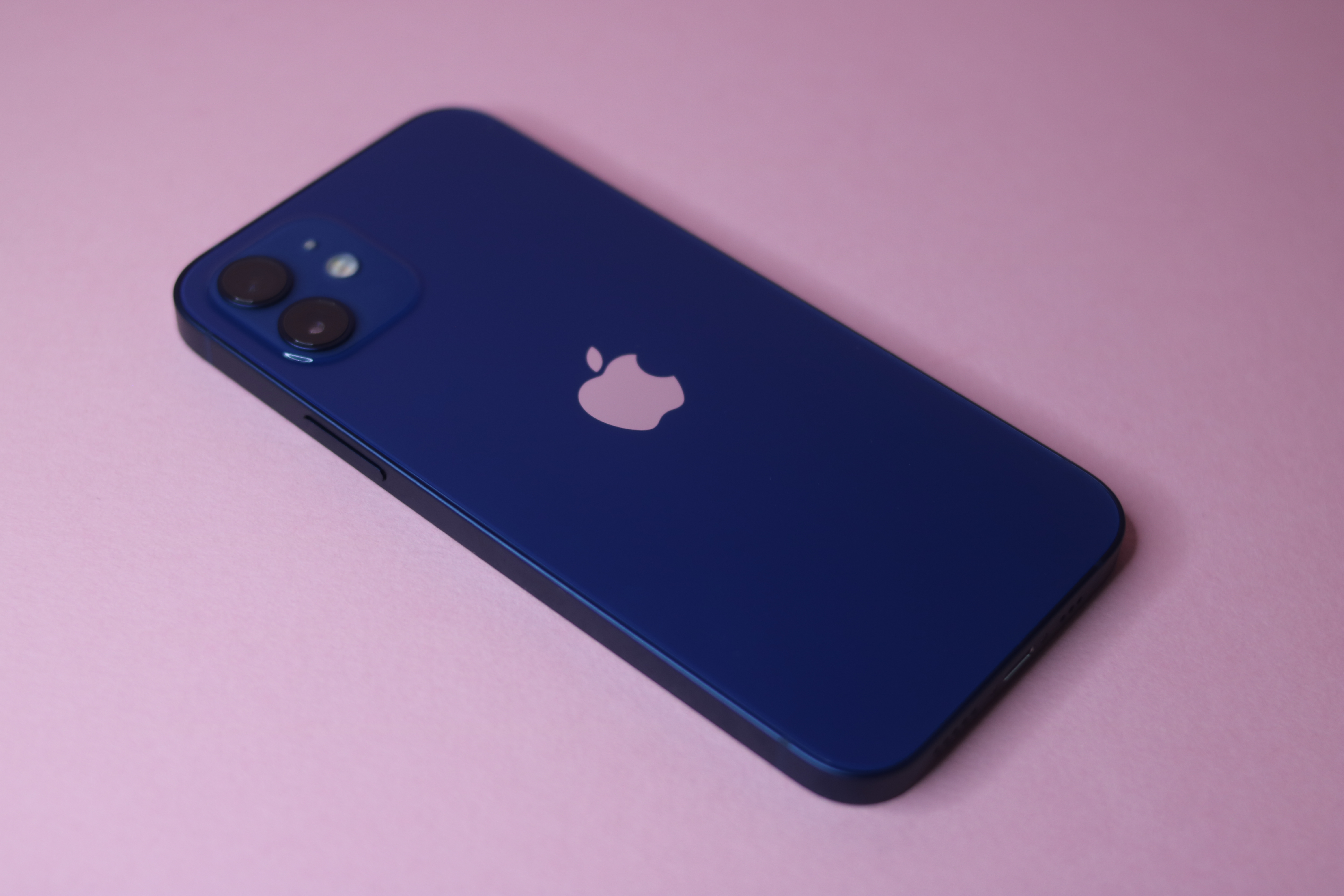Apple smashes competition with record Q4 smartphone sales
iPhone 12 is a "hit" as sales surpass Samsung and Huawei in the last three months of 2020


Apple has reported revenues of $111 billion (£81bn) for the final quarter of 2020, partly fueled by record smartphone sales.
The company shipped 81.8 million units of the iPhone between October and December, a 4% increase from the previous year and the most it has ever sold in a single quarter, according to Canalys.
The global smartphone market actually declined by 2% annually, with 359.6 million units sold in the final quarter of last year. Samsung saw a 12% decline between October and December with only 62 million units sold, and the launch of Apple's iPhone 12 was actually delayed by a month, releasing in October rather than September. However, it has proved to be a "hit", according to Canalys analyst Vincent Thielke.
"Apple is better positioned than its competitors on 5G, being heavily skewed towards developed markets, and mobile operator sales channels," said Thielke. "But it also made savvy moves behind the scenes to propel its sales and profitability.
"The omission of a power plug from the iPhone retail box, which reduces weight and size, is making logistics significantly more efficient, amid the ongoing high cost of air freight due to the pandemic. And it also implemented channel-centric growth initiatives to target small and medium-sized business customers, which have bolstered demand for its entire range of iPhones."
Despite being in second place for the quarter, and significantly behind Apple, Samsung still maintained its leading position for the full year, with 20% global market share. Apple and Huawei took second and third respectively for the year, although Huawei's consistent decline means it's unlikely to remain in the top three for much longer.
The embattled Chinese firm fell to sixth place in Q4, managing to sell just 32 million smartphone units, the first time in six years it had fallen out of the top five global vendors. A blacklisting from Google's Android OS and Play services, being forced into exile by the security community, and increased competition with other Chinese firms, have all contributed to the company's downfall.
Get the ITPro daily newsletter
Sign up today and you will receive a free copy of our Future Focus 2025 report - the leading guidance on AI, cybersecurity and other IT challenges as per 700+ senior executives
Xiaomi, Oppo, and Vivo, for example, have all seen by far the largest gains of all providers, with 31%, 15%, and 14% year-on-year growth respectively.
Bobby Hellard is ITPro's Reviews Editor and has worked on CloudPro and ChannelPro since 2018. In his time at ITPro, Bobby has covered stories for all the major technology companies, such as Apple, Microsoft, Amazon and Facebook, and regularly attends industry-leading events such as AWS Re:Invent and Google Cloud Next.
Bobby mainly covers hardware reviews, but you will also recognize him as the face of many of our video reviews of laptops and smartphones.

